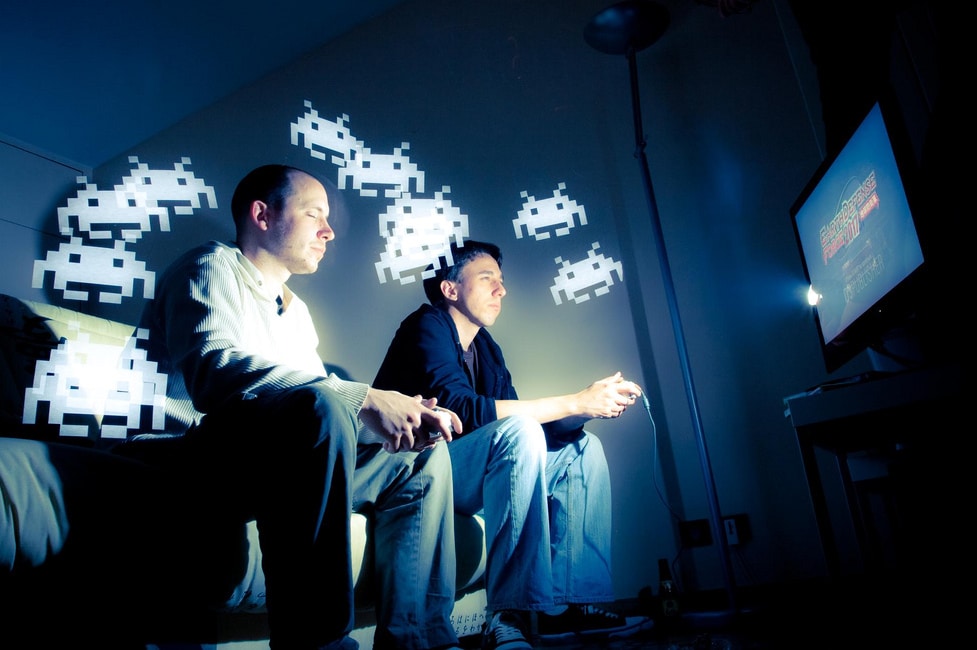Why does the game have such a strong attraction

First, many current games have absolutely no end. Once upon a time, the game ended as soon as you completed the mission. Nowadays, the game has an open world that allows players to stay and continue playing even after they finish the story.
Besides, the online battle game series allows multiple players to fight on 1 map at the same time. The battle ends only when one side wins the battle but there is no concept of complete ending. This is one of the categories that attracts the most players in the world today. With hundreds of millions of accounts created, every time there are always 13-14 million gamers are fighting online.

The addictive mechanism in the game is actually very simple psychological tricks. One of them is to simulate the reward mechanism available in the brain. Normally, when we get to work, we often feel fulfilled when we finish.
The game also creates a similar mechanism by linking the task set with an attractive reward. Rewards can be points, skills or items, beautifully designed with special effects that make us feel surprised and excited.
Gamers leave that impression in their minds, so they want to experience this feeling of excitement again. After the first screen, the game usually takes a long time to get the reward, causing the player to gradually increase the amount of time to play the game.

From there, the player accepts the quests and completes them unconsciously. At the same time, the difficulty of the game also increases. This requires gamers to focus and practice more to be able to complete the assigned task. At this point, from a different perspective, are people playing the game or vice versa, the game is ordering people? From where did mere entertainment become subconscious?
In the role-playing game, each time you kill an enemy monster or champion, players usually receive a gift worth commensurate with the difficulty of the challenge. This creates excitement, prompting players to try to play more.






